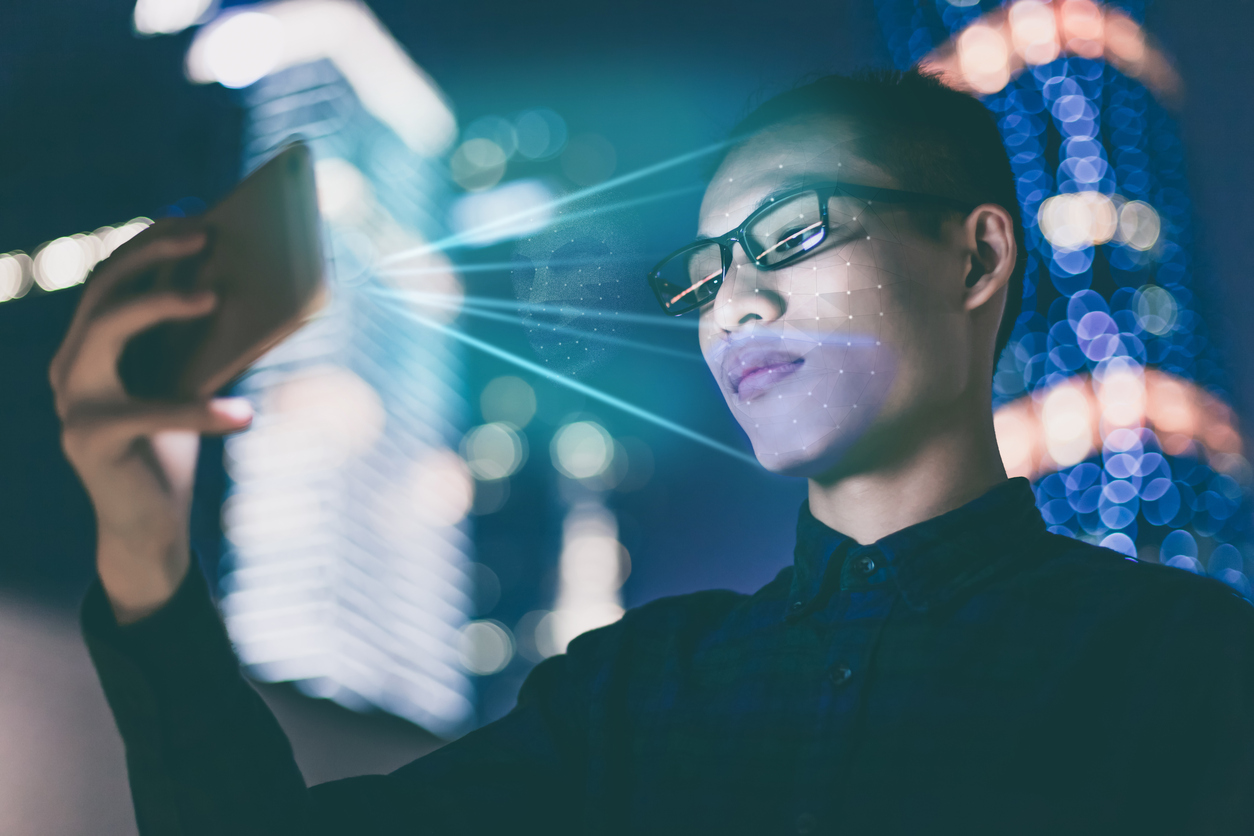Getting Smarter: Here’s How AI Is Changing Digital Marketing
Digital Marketing
Sep 06 2018
Artificial intelligence (AI) is changing the way marketers see interactions with consumers. It’s becoming the way for products and processes to work smarter with more data and less human intervention. Put simply, AI is “intelligence” shown by machines rather than that of humans.
AI exists in making things work through a combination of machine learning, big data, and cloud computing. At AI’s core are algorithms that are integrated within products and processes to solve specific problems. Over time, products using artificial intelligence can be trained in a variety of ways to learn from past examples.
AI in Digital Marketing
Each time humans interact with artificial intelligence machines, we leave more and more data to be parsed, sorted, filtered, and used to increase AI learning. With a wider range of data, algorithms can work faster on their analyses. This increased data collection is how digital marketers learn more about our searches, buying methods, among brand preferences, among other things.
More than 50 percent of marketers already are using AI in some form, according to recent Salesforce research, and another quarter (27 percent) of marketers will start using AI technology in 2019. Also, a recent Business Insider study noted that marketers are using elements of artificial intelligence to better plan and execute keyword tagging, segmenting and tracking in current campaigns.
For brands and advertisers, the big question for using AI is how it fits into their current processes. AI machines are great at sifting and sorting through incredible amounts of data for programmatic advertising, for example, but will AI learn to create stories using human emotions in ads?
AI to Anticipate Consumer Behavior
Data collected via artificial intelligence are helping marketers anticipate consumers’ needs.
Natural Language Processing (NLP) is a promising area for the study of consumer behavior, and is being researched by data scientists and digital marketers. NLP machine-learning technology can find trends in patterns and behaviors, and help digital marketers to look past keywords and show online ads to people based on much more context.
AI in Chatbots and Customer Service
Chatbots are another way that AI is changing how marketers interact with consumers using machine-based AIs. For example, HGTV launched its own chatbot named Hazel to interact with customers on Messenger or the HGTV Facebook page. HGTV uses its Hazel AI to share design-themed pictures and information to customers in the form of pictures, videos, and content.
AI in Voice Search
AI is already being used in voice-activated digital assistants. Marketers are exploring how to use voice search for Amazon Echo or Google Home devices, and shifting their SEO strategies to include this new machine learning.
Google is also using AI technology in its search tools. When you ask Google, “How old is Drake?” the search box below automates related questions to you based on your initial query about Drake’s age.
AI in Data and Demographics
Successful AI-based machine learning is dependent on large sets of data, and uses those data sets to specialize in specific demographics data collecting and targeting. As digital marketers collect more data through AI experiences, brands can use that data to gain more organic traffic from potential buyers.
AI in Image Recognition
AI is advancing the use of image recognition for easier creation of ads/social media posts. Facebook recently experimented on Instagram with learning tools to create higher accuracy rates for image recognition. Facebook engineers were able to train image recognition networks using hashtags, and ended up achieving an 85.4 percent accuracy rate.
Google, too, is using AI to enhance image recognition with its Cloud AutoML Vision. It’s an AI-assisted tool to let enterprises, brands, and agencies create custom ML models for image recognition. Brands with thousands of product images can use machine learning models for image recognition to avoid having to do this work manually.






